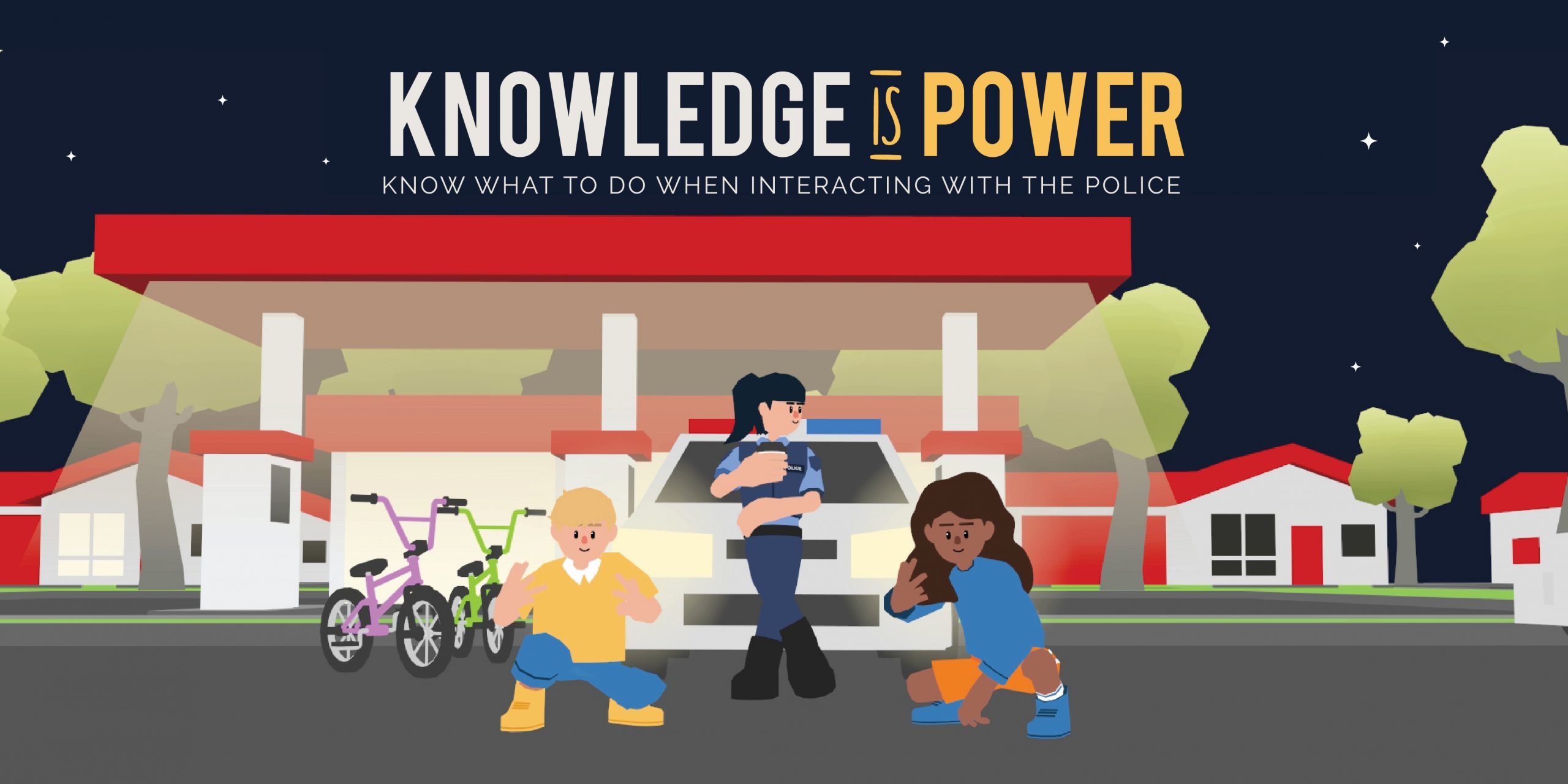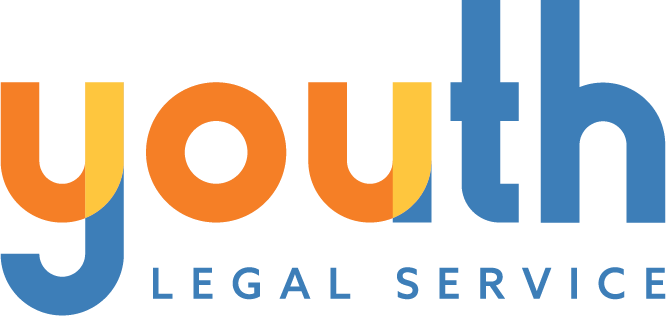26 Nov Police and Your Rights
|
Getting your Trinity Audio player ready...
|

The heat. Po-po. Five-O. Monarch. Whatever you call them, or even think about them, the police have an important job to do, and a big part of that is keeping the community safe for everyone in it, including youth.
You might have had a run-in with them before, and maybe didn’t even know what you were doing was breaking a law, so here is a brief rundown of some of your rights and responsibilities with interacting with the police so you do stay on the right side of the law.
1. Under 18 and not in your home.
If police find you in any place other than your home outside of school hours and you are not being supervised by a responsible person such as your parent/s, guardian or relatives, or there is a risk to your safety, the police CAN remove you and return you to a safe place, such as your home, and they CAN use reasonable force to do this. They will also contact your responsible person to let them know where you are, and possibly to collect you.
2. Under 18 and not in school during school hours
If you are under 18 and meant to be in school and police find you somewhere else, they CAN return you to a safe place, in most cases this would be back to school, using reasonable force if necessary, and they will also contact your responsible person to let them know where you are.
3. Giving up your name and personal details
At any time, police CAN ask you for your full name, date of birth, current address and the address where you usually live. If you are asked, you MUST give them the correct information, refusing or providing false information is an offence.
4. Being searched – your body
If police are moving you to a safe place and they believe you are either a risk to the health and safety of yourself, others, or property, they CAN search you and they CAN use reasonable force to do so. When you are searched, it MUST be by a police officer or authorised officer of the same sex as you, and in the presence of at least one other adult. They CANNOT do a strip search or body cavity search on you.
5. Being searched – your possessions
During a search, police CAN confiscate anything dangerous or illegal you have in your possession, such as weapons, drugs, alcohol, solvents, cigarette lighters, etc. They can also confiscate any other thing in your possession that is disposable and under $30 in value, such as food and drink. In some situations, these items can be returned later.
6. Verifying your identity
If police suspect you have given them false information about your identity and personal details, they CAN request evidence of your identification. They CAN also ask you to remove or adjust any sunglasses, hats, helmets, headscarves or veil so they are able to confirm your identity. They CAN also detain you for a reasonable period of time to enable them to verify the personal details you have provided.
7. What is a safe place?
If you are under 18, a safe place is considered somewhere where you are under adult supervision and there is no risk to your health and safety. This is usually your home or school.
8. Being moved on to a safe place
When police encounter people under 18 in places that they shouldn’t be, the first step is usually to contact their parents, guardians or responsible person to let them know where they are and to make arrangements to be returned to their care.
If your responsible person cannot be contacted, alternative care arrangements must be made until you can be returned into the care of your parent, guardian or responsible person.
Police CANNOT detain you in the lock-up while you wait to be returned to their care.
If you have any questions about the rights of you and the police, speak with us here.
